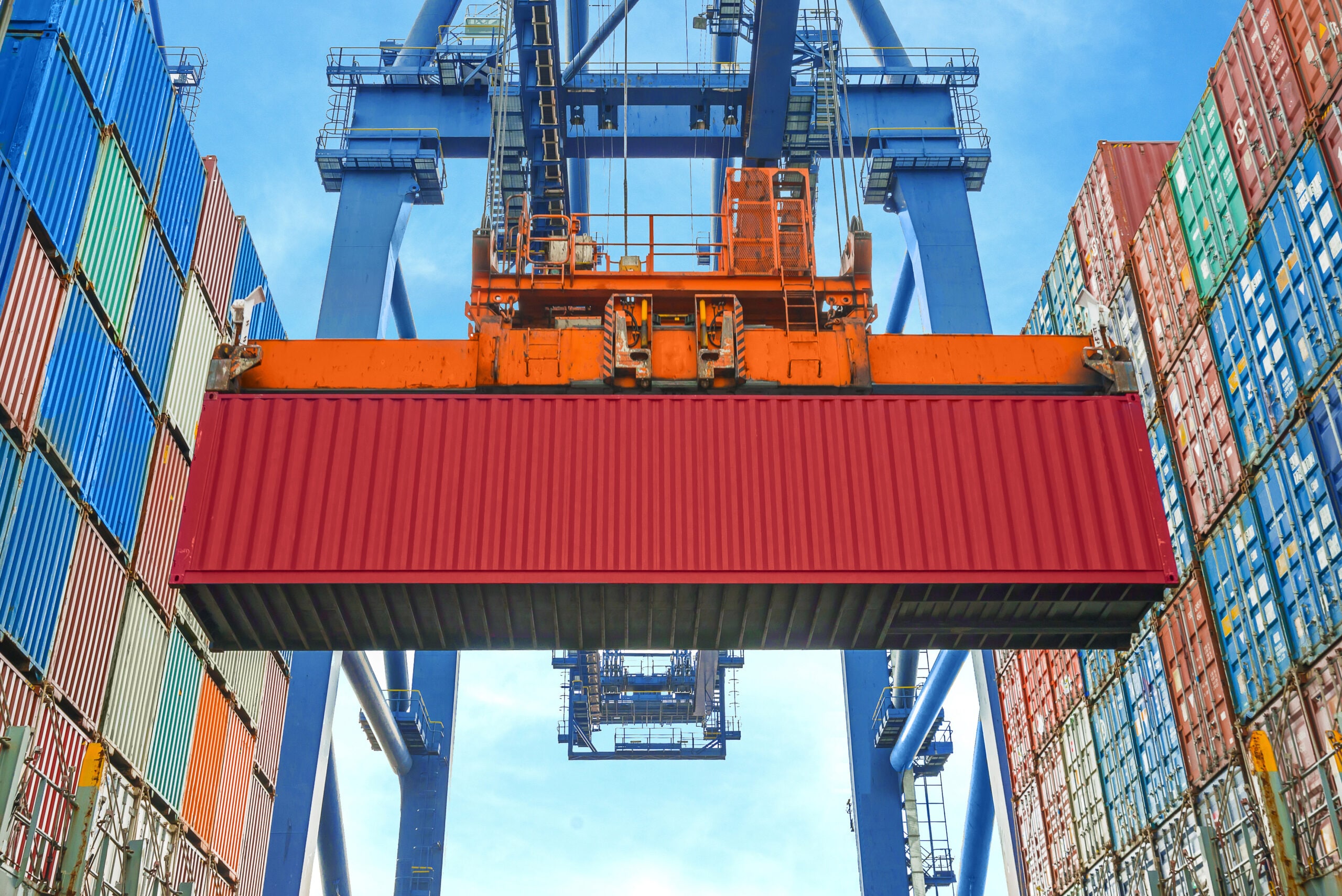As businesses are actively looking to thrive in global markets, cross-border factoring has emerged as a facilitator of their success, providing them with the means to navigate the complexities of cross-border commerce with confidence and agility.
It is a financial tool that has gained prominence in the world of international trade, enabling businesses to optimize their cash flow, mitigate risks, and expand their global operations. In this blog, we will study the cross-border factoring meaning and how it works, along with its different types and primary benefits for businesses engaged in international trade.
The Role Of Cross-border Factoring Explained
To better understand the concept of cross-border factoring, it is important to be familiar with the fundamentals of factoring. It involves an agreement wherein a business sells its outstanding invoices to a third party, known as a factor. In return, the business receives an immediate cash advance; a significant percentage of the total invoice value. The factor assumes the responsibility of collecting outstanding payments from the business’s clients.
Cross-border factoring is an extension of traditional factoring, specifically tailored for businesses engaged in international trade. It involves the purchase of accounts receivable generated from cross-border transactions, where the seller and the buyer are in different countries.
Types Of Cross-border Financing
Each cross-border financing type serves a unique purpose and helps businesses address specific financial needs when operating internationally. The choice of financing depends on factors like the business’s objectives, the nature of the project, the level of risk tolerance, and the regulatory environment in the countries involved.
1. Cross-border Loans:
Syndicated loans are large loans provided by a group of lenders, often from different countries. They are leveraged by multinational firms to fund overseas acquisitions, investments, and expansions. Businesses can obtain foreign currency loans (denominated in foreign currencies) to fund international operations. These loans can help mitigate currency exchange risks.
2. Letters Of Credit:
A letter of credit is a financial guarantee issued by a bank on behalf of the buyer, assuring the seller that payment will be made once the terms of the credit are met. It is a common instrument in international trade.
3. Export Factoring:
Cross-border factoring is the sale of accounts receivable to a factoring company. It involves invoices generated from international sales. It helps businesses access cash quickly and manage working capital in global markets.
4. Supply Chain Financing:
Businesses can negotiate favorable payment terms with international suppliers, effectively extending their payment period. In some cases, buyers may offer financing options to suppliers in international trade, allowing suppliers to receive payment earlier.
5. Equity Financing:
Foreign Direct Investment (FDI) involves a business establishing a subsidiary or joint venture in a foreign country. This can involve equity financing to fund the expansion. Businesses may issue stocks or bonds on international stock exchanges to raise capital from foreign investors.
6. Cross-border Leasing:
Businesses can lease equipment, machinery, or vehicles in foreign markets. This provides access to essential assets without the need for large upfront capital expenditures. It can extend to leasing commercial or industrial real estate in foreign countries.
7. Structured Trade Finance:
This type of financing is often used in the trading of commodities like oil, metals, or agricultural products. It involves structured finance deals and inventory financing. In cross-border project finance, investors and lenders provide funding for large infrastructure or development projects.
8. Grants & Subsidies:
Businesses can seek grants, subsidies, or financial incentives from foreign governments to support their international expansion or projects. International development banks may offer financing and grants to businesses looking to invest in developing countries.
How It Works
Cross-border factoring is designed to address the unique challenges and complexities associated with international trade, including varying currencies, multiple jurisdictions, and diverse regulatory environments. Here is how cross-border factoring works:
1. Agreement:
The business enters into an agreement with a cross-border factoring company (the factor). This agreement outlines the terms, fees, and the scope of the factoring arrangement.
2. Sale Of Invoices:
The business generates invoices as part of international trade transactions and submits these invoices to the factor.
3. Verification:
The factor then verifies the invoices.
4. Cash Advance:
Once verified, the factor advances a percentage of the total invoice value to the business, providing immediate working capital.
5. Collections:
The factor takes over the responsibility of collecting payments from foreign buyers. This may involve communication in various languages and adherence to different legal and cultural practices.
6. Final Payment:
Once the factor successfully collects the outstanding payments, they deduct their fees and remit the remaining balance to the business.
Advantages Of Cross-border Factoring
1. Improved Cash Flow:
Cross-border factoring provides businesses with an immediate injection of cash, which is especially valuable when dealing with longer payment terms in cross-border transactions. This improved cash flow enables businesses to meet their financial obligations, invest in growth, and seize new opportunities.
2. Mitigation Of Payment Risks:
The factor assumes the risk of non-payment by foreign buyers. This protection is invaluable, as international trade often involves uncertainties related to creditworthiness, political instability, and currency fluctuations.
3. Currency Management:
Cross-border factoring can include currency conversion services, allowing businesses to receive payment in their preferred currency. This minimizes the impact of exchange rate fluctuations on their finances.
4. Access To International Expertise:
Factors specializing in cross-border factoring often possess expertise in international trade regulations, cultural nuances, and legal requirements. This knowledge can be invaluable for businesses navigating the complexities of global markets.
Excellent Export Factoring Solutions – Tradewind Finance
Tradewind Finance specializes in cross-border transactions for sales made on open accounts, letters of credit, and documentary collections. We solve short-term cash flow issues by purchasing your company’s account receivables in exchange for an advance of up to 95% of the total invoice value. In addition to factoring your export account receivables, we can also finance your full supply chain.
Our global supply chain finance programs can support facilities based on payables, receivables, and inventory. Using purchase order funding, inventory lending, letters of credit, and structured guarantees, our financing helps align the needs of both buyers and sellers. You also get to choose the best avenue to make the most of export finance. Know more about our export financing solutions at: https://www.tradewindfinance.com/export-factoring/


